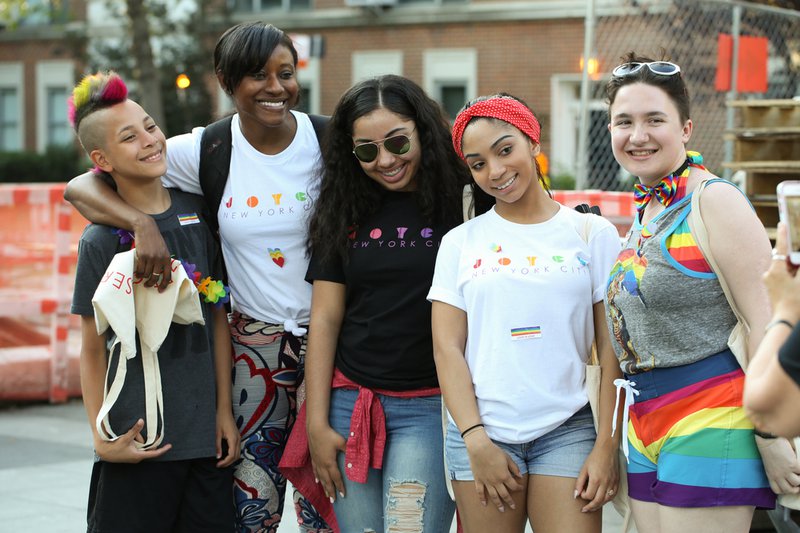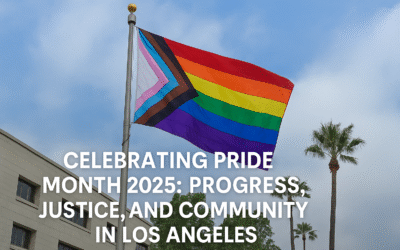🌈 Where Can I Find LGBTQ-Friendly Therapists or Counselors Near Me?
Finding the right therapist or counselor can feel overwhelming, especially when you’re LGBTQ+ and looking for someone who really gets you. Whether you’re navigating gender identity, sexuality, mental health, or just general well-being, having a supportive, affirming professional can make all the difference. You deserve to feel seen, heard, and safe.
So, where do you start? And how do you know if a provider is truly LGBTQ-friendly? Let’s break it down. 🧠💬🩺
🌟 Why LGBTQ-Affirming Care Matters
Not all healthcare providers are trained—or even comfortable—talking about LGBTQ+ topics. That’s why finding someone who affirms your identity (not just “accepts” it) is key. Affirming therapists and counselors:
- Use inclusive language
- Understand LGBTQ+ experiences and challenges
- Respect your identity and pronouns
- Help you feel safe without judgment
🔍 Where to Start Looking
Here are a few trusted ways to find LGBTQ-friendly providers in your area:
1. Use LGBTQ+ Health Directories
These platforms specialize in connecting queer folks to affirming professionals:
- Safe Spaces Clubhouse: spacespacesyouth.org
- GLMA (Health Professionals Advancing LGBTQ+ Equality): glma.org
- The Trevor Project Resource Center: thetrevorproject.org
- OutCare Health: outcarehealth.org
2. Check LGBTQ+ Community Centers
Local LGBTQ+ organizations often have referral lists of trusted providers. If you’re unsure where your nearest center is, check CenterLink to find one near you.

3. Ask Your Friends or School Counselor
Sometimes the best referrals come from other LGBTQ+ people or trusted adults who get it. Don’t be afraid to ask.
🛑 Red Flags vs. Green Flags
When you start researching providers, it helps to look for signs that show whether someone will be affirming or not. Here’s a cheat sheet:
✅ Green Flags (Good Signs)
- They list LGBTQ+ or gender-affirming care in their specialties
- They mention inclusive or trauma-informed approaches
- Their website shows pronouns, rainbow symbols, or queer-friendly language
- They’re listed in LGBTQ+ directories or partner with LGBTQ+ orgs
🚩 Red Flags (Warning Signs)
- They use outdated or offensive language (like “lifestyle choice”)
- They avoid answering questions about LGBTQ+ inclusivity
- They misgender you or dismiss your identity
- They push religious or conversion-based beliefs
❓ Questions You Can Ask Before Booking
Don’t be shy—it’s totally okay to ask questions upfront. Try saying or emailing something like:
- “Do you have experience working with LGBTQ+ youth?”
- “How do you support transgender or nonbinary clients?”
- “What steps do you take to ensure your space is inclusive?”
- “Are you familiar with queer-specific mental health challenges?”
A good provider will welcome these questions—not avoid them.
🧠 What If I Can’t Find Someone Right Away?
That’s real, and it’s okay to take your time. If you’re waiting for the right match, consider:
- Online therapy platforms like Pride Counseling, BetterHelp, or Talkspace—they often let you filter by identity and specialty.
- Hotlines and chat support like Safe Spaces Youth Clubhouse (1-657-SAFE (7233) for immediate support from LGBTQ-trained counselors.
- Peer support groups, both local and online, where you can talk with others your age.
💖 You Deserve Support That Sees All of You
Finding the right therapist or doctor isn’t just about treatment—it’s about feeling safe and supported as your whole self. You are not too much. You are not broken. You are valid, and you deserve care that honors who you are.
Don’t give up—your safe space is out there. And until then, we’ve got your back. 🏳️🌈💪
You can always contact us! (657) 567-SAFE (7233)






0 Comments